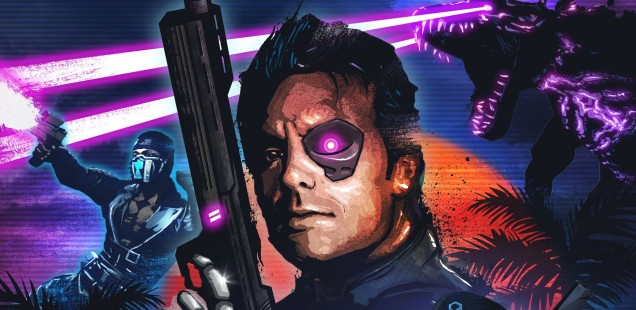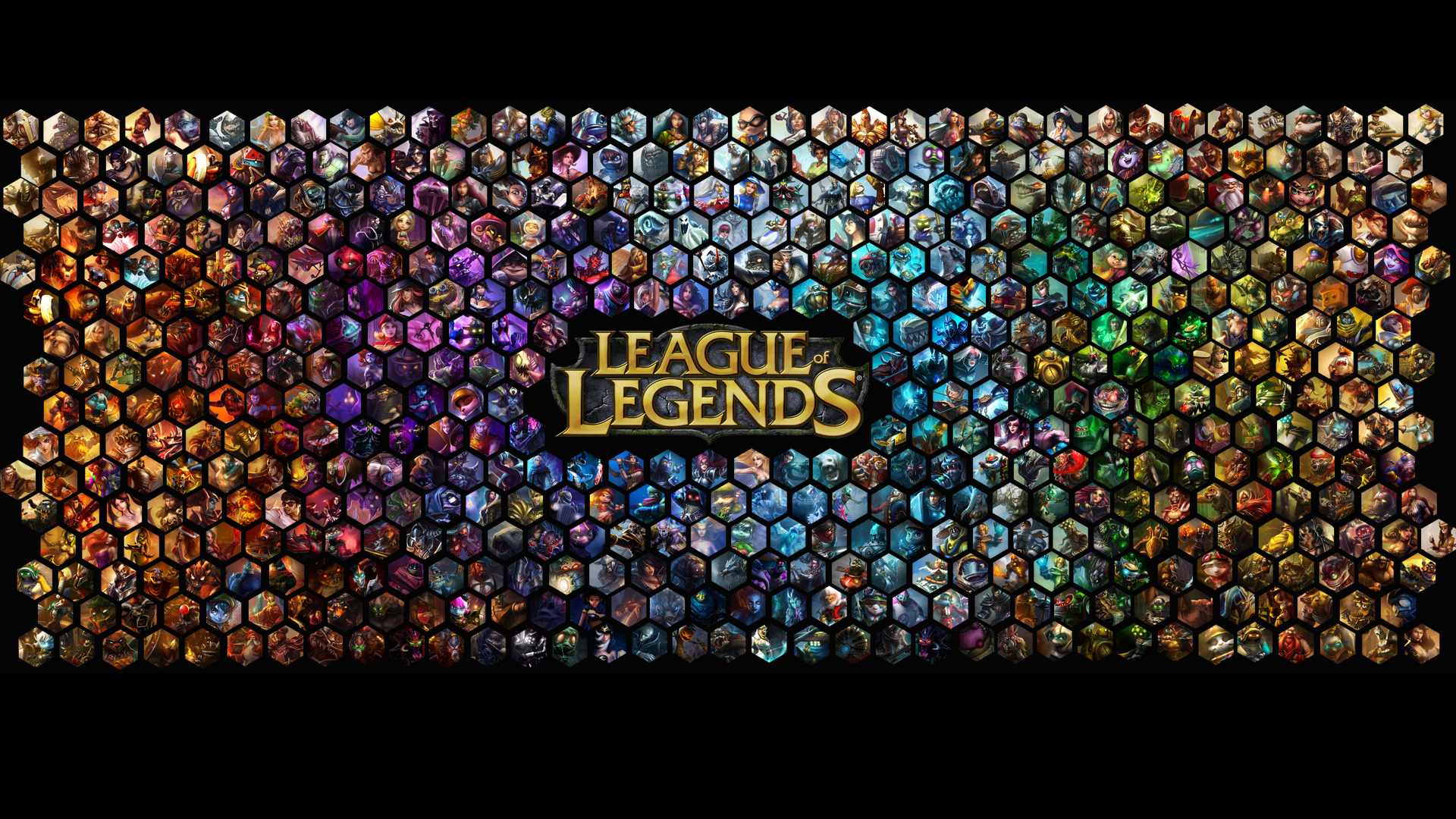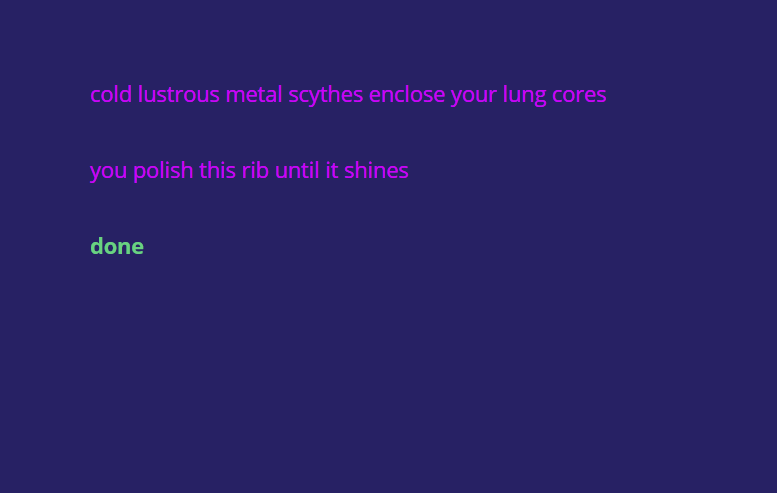
All Games Equal, All Games Loathed
On the challenges of curation.
Recently the ever-brilliant AVB wrote about his frustrations keeping up with, finding meaning in, and writing about triple A games, something that has led him to argue it might be wiser and altogether more worthwhile to focus entirely on smaller, personal games, the wonderful and rich output of what, for lack of a better term, we call the indie scene (for both his argument and mine, this simply refers to anything happening opposite the triple A space). Since I’m perpetually occupied with these kind of metajournalistic concerns anyway, his post presents a welcome opportunity to present my own views on the subject, even if Todd Harper has already covered much of what I’d like to say.
First of all, I definitely understand AVB’s frustrations. There was a time when I eagerly sunk my claws into any new title I could get my hands on and promises of ever more content seemed delightful because of just how many slow summer days I had to fill, but the older I get, the less time I can afford such distractions, while simultaneously being bombarded with an ever-increasing variety of entertainment options. The words “60+ hours of gameplay” now sound like a threat, even the eight to ten hours most triple A games ask for are a sizeable commitment when you’re busy trying to keep up with college, friends and writing obligations.
It’s one of the reasons I keep going back to League of Legends even though my Steam library is full of titles I have yet to even boot once: I know that going for one match of the fast ARAM or Dominion game types will only take up about 20 minutes of my time. Some matches will be shorter than that, some will take longer or only get going after a few false starts, but by and large I know what I’m getting myself into, and I know that in just 20 minutes I can wrap up a game and return to business. Of course, I will then inevitably go for a second match, a third match and so on. Over the last two years I must have spent at least 250 hours playing League of Legends, more than enough time to get through a sizeable portion of my backlog, yet whenever I make plans to try to power through some of the unfinished games on my list, or to read some of the novels that are piling up next to my bed, I’ll soon find myself taking 20 minute breaks with League of Legends again. Or FTL. Or Super Hexagon.
With such convenient, short distractions available, eight hours is a lot of time, not to mention 60 dollars a lot of money, to commit to any game, especially since you can never be sure if it will really do it for you, push your buttons, speak to you on some level. No matter how critically acclaimed the game might be, or even how much you’ve been enjoying it so far, you can never be quite sure if you’re not about to hit some stupid plot twist or difficulty spike. Maybe you’re playing Fahrenheit and think it’s just the darndest thing, and then the story goes entirely bananas. Maybe you’re playing Dark Souls and suddenly realize that you’re playing Dark Souls. Hell, maybe the game’s perfectly fine and you simply realize that you’re not in the mood for Shooty McGunpants right now, because you’d rather be playing some complex RPG malarkey, or vice versa. Now you’re stuck with this game you don’t want, but because you already invested precious time and money into it, you’re probably going to keep playing anyway.
 I beat Far Cry 3: Blood Dragon this week, a game I had picked up not so much because I cared for its intentionally trashy trailers and neon aesthetic, but because I had hoped that this piece of intentional pulp and purposefully stupid satire would provide interesting material for discussing some of the points Yohalem made relating to the supposedly satirical Far Cry 3. To my great dismay I found that Blood Dragon did not manage to be stupid in any smart way, unwilling as it was to really explore the silliness of its own structures instead of merely commenting their existence every so often. It’s competently dumb, entertaining even, but also terribly bland, more of the same hidden under the veneer of self-awareness. Its shortcomings and triumphs as a nostalgia spoof, its role in today’s market as a dumb, low-price do-over of last year’s popular game; these are still interesting things to talk about. No part of the actual game tickled me in any way though. I spent six hours and 15 bucks to play something I ultimately found so entirely bland and uninteresting I can’t even be bothered to get mad at it. I just have absolutely nothing to say about it.
I beat Far Cry 3: Blood Dragon this week, a game I had picked up not so much because I cared for its intentionally trashy trailers and neon aesthetic, but because I had hoped that this piece of intentional pulp and purposefully stupid satire would provide interesting material for discussing some of the points Yohalem made relating to the supposedly satirical Far Cry 3. To my great dismay I found that Blood Dragon did not manage to be stupid in any smart way, unwilling as it was to really explore the silliness of its own structures instead of merely commenting their existence every so often. It’s competently dumb, entertaining even, but also terribly bland, more of the same hidden under the veneer of self-awareness. Its shortcomings and triumphs as a nostalgia spoof, its role in today’s market as a dumb, low-price do-over of last year’s popular game; these are still interesting things to talk about. No part of the actual game tickled me in any way though. I spent six hours and 15 bucks to play something I ultimately found so entirely bland and uninteresting I can’t even be bothered to get mad at it. I just have absolutely nothing to say about it.
Compare this to Porpentine’s How to Speak Atlantean, which needed but 10 minutes to leave me speechless in a different sense. “Huh” was my immediate, audible reaction to finishing it. It’s still the only verdict I can confidently apply to the game. Huh. It stumped me, but not because I found it cryptic or hard to approach: Part of its beauty is how efficiently the game translates the transgender experience to fantastical body horror imagery, making it tangible for those who, like myself, have nothing to really compare it to. But there always seemed to be yet another level of meaning hidden beneath the readily apparent, the promise of glorious truths that could only be revealed after the current falsehoods and misunderstandings be destroyed, smashed by the stinging words thrown at me. Emerging from this erratic thrashing, I couldn’t help but wonder if I picked up on even half its lessons. Even those seemed to provide material for endless contemplation on societal structures, constructions of gendered bodies and spaces, etc.
Certainly, this is a very personal reaction, but do you know when I last struggled to make sense of the many rich layers of a triple A title? Never. That has never, ever happened. It’s rare enough to find one yielding more than one level of thoughtful analysis (and even those generally need to keep their message and intent obvious, lest they alienate part of their audience), but endless intricacies and textual richness? That seems to be the domain of small, personal games. And as Todd Harper notes, it can be pretty hard to understand and appreciate some of these pieces, but I find that their short nature makes that easily forgivable. Not every game of the Twine revolution will push your buttons, but they won’t ask for more than 20 minutes of your time either. And if you find one that does speak to you personally, you might be surprised by just how much it has to say.
 This is what AVB and I seem to agree on, next to such snappy stories triple A narratives often feel lengthy and diluted, spoiled by too many cooks, spoiled by the demands of branding, polishing and mass marketing. Some titles manage to create surprisingly rich and coherent stories despite such corporate meddling, and I applaud these efforts, but they seem to be rare successes in an otherwise stale market. If what you’re interested in is games doing only one thing and doing it well, chances are the indies got something far more interesting for you than the homogenized mechanics and tired tales of the triple A space.
This is what AVB and I seem to agree on, next to such snappy stories triple A narratives often feel lengthy and diluted, spoiled by too many cooks, spoiled by the demands of branding, polishing and mass marketing. Some titles manage to create surprisingly rich and coherent stories despite such corporate meddling, and I applaud these efforts, but they seem to be rare successes in an otherwise stale market. If what you’re interested in is games doing only one thing and doing it well, chances are the indies got something far more interesting for you than the homogenized mechanics and tired tales of the triple A space.
However, I don’t think this makes large games vying for mass market appeal any less interesting than their smaller, more focused counterparts, rather they can be interesting in different ways. Basically, the bigger a game is, the less it seems to be defined by artistic intent, being instead appropriated as common cultural property. League of Legends isn’t interesting because of its convoluted lore, but because of the rituals and intricacies of its competitive community and the interactions happening in it. Call of Duty could be read the same way: It has a story, but people seem to be more interested in its multiplayer capabilities. Sandbox games like GTA let you make your own fun should the main storyline disappoint. For the most extreme example of all, consider soccer. There’s not much to be said about the game itself, it’s 22 players trying to make sure one sphere goes through the right rectangle. But the (occasionally violent) fandom surrounding that game, and the industry built around it, are practically inexhaustible sources for cultural analysis.
Big name titles might not always be the best candidates for close readings, or feature the most innovative and narratively charged mechanics, but they absolutely are something we should talk about. Not exclusively or obsessively so, we certainly shouldn’t exhaust ourselves trying to cover today’s big thing exhaustively, and thus turn its grip on the public consciousness into a self-fulfilling prophecy (We must talk about it because it’s important and it’s important because we are talking about it), but the reception and cultural significance of such prominent titles is worthy of our consideration, well trodden as the ground around such games might generally be. So are the rituals surrounding more open forms of play in sandboxes or the communities built around competitive games. So are personal Twine games and niche titles. I’m of the opinion that there’s something interesting to be said about virtually any game, you just need to work out what that thing is.
Maybe I’ll even come up with something to say about Blood Dragon one day.
One day.